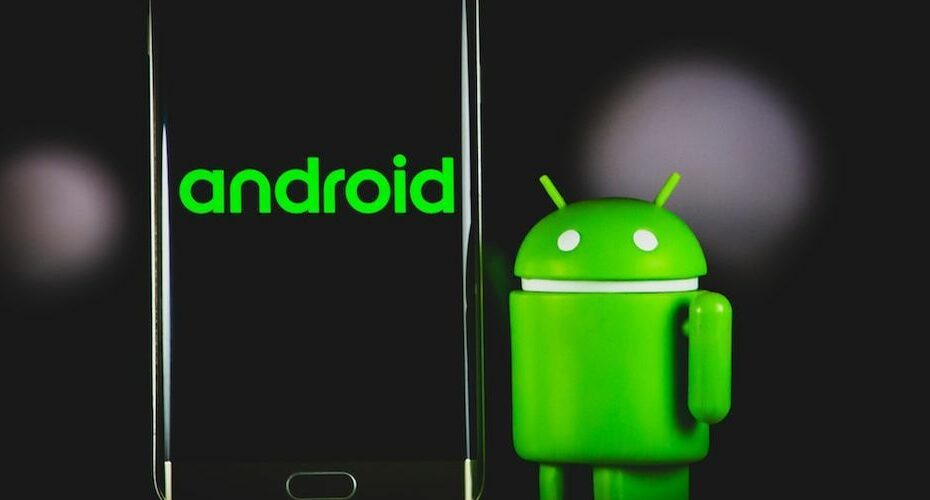There is no one answer to this question since it depends on the type of battery your phone has and how much power it needs to be charged. However, a good rule of thumb is to expect your phone to take about two hours to charge from a 0% battery to 100%.
First of all
A phone usually takes about two hours to fully charge from a low battery.
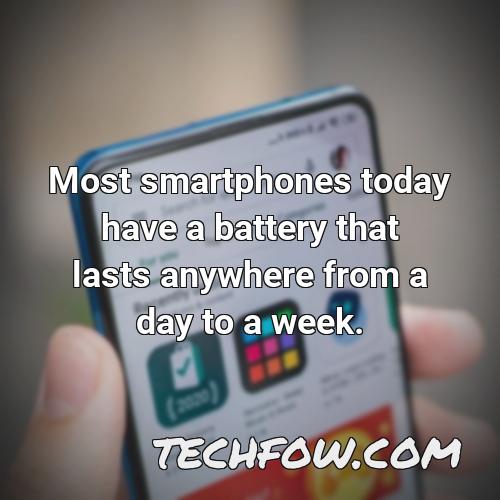
How Long Does It Take an Iphone to Charge 1 Percent
An iPhone charges quickly when plugged into a power source. It can take around 2-4 hours to charge from 0% to 100%.
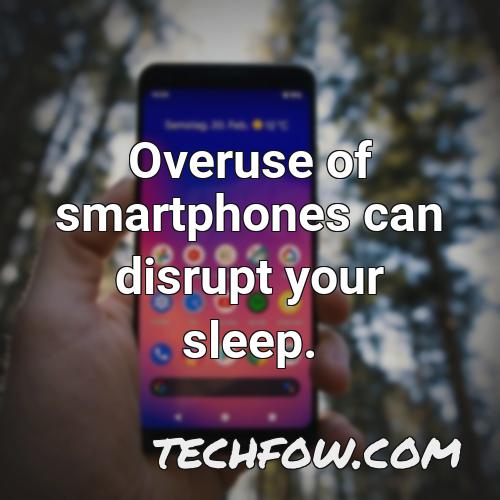
What Causes Damage to Phone Battery
There are a few ways that you can damage your phone’s battery. If you are using your phone while it is charging, this can damage the battery. Additionally, if your phone is kept in a hot place, it can also damage the battery. Finally, if you remove your phone’s battery before it is fully charged, this can also damage the battery.
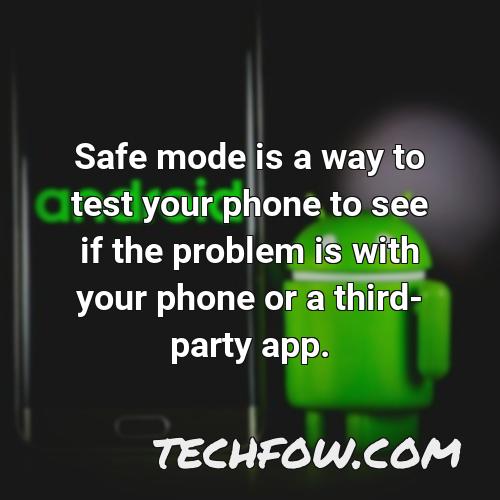
What Happens if You Use Your Phone Too Much
-
Overuse of smartphones can disrupt your sleep.
-
This can have a serious impact on your overall mental health.
-
It can impact your memory, affect your ability to think clearly, and reduce your cognitive and learning skills.
-
Excessive smartphone use can also lead to headaches and other health problems.
-
If you are using your smartphone excessively, it is important to take a break and spend time doing something else.
-
If you find that you are using your smartphone too much, you can try to cut back on how much you use it.
-
If you cannot stop using your smartphone, you can try to limit how much you use it during the day and try to sleep with your smartphone off.
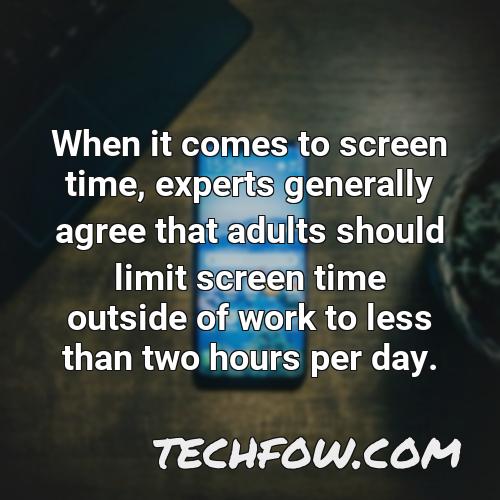
What Is Safe Charging Mode
Safe mode is a way to test your phone to see if the problem is with your phone or a third-party app. In safe mode, only the software that came with your phone can be used. This means any third-party apps you’ve downloaded won’t run. If you’re able to charge your phone in safe mode, you know for sure that the culprit is a third-party service.
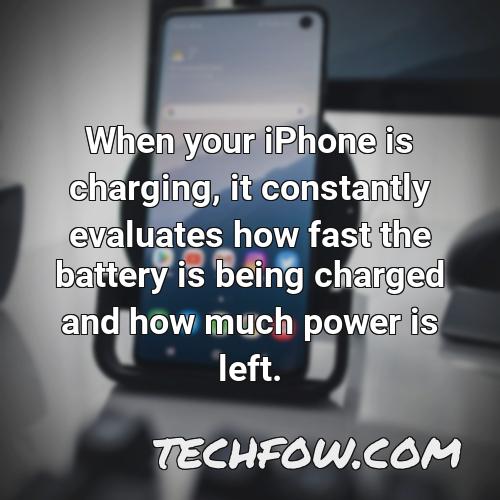
How Far Away Should Your Phone Be When You Sleep
-
Your phone should be at least three feet away from your bed to limit exposure to radiofrequency energy.
-
If you need to use your phone as an alarm, turn on airplane mode to prevent it from sending or receiving calls and text messages.
-
During the day, carry your phone in a purse or bag, rather than in your pocket.
-
Don’t keep your phone near your head or on a pillow to avoid exposure to radiofrequency energy.
-
If you have a phone that uses a case, make sure the case doesn’t have a metal clip that could contact the phone’s antenna.
-
If you have a phone that doesn’t have a case, make sure the phone is kept at least two inches away from your body.
-
If you want to reduce your exposure to radiofrequency energy, use an echo-cancelling headset when talking on the phone.
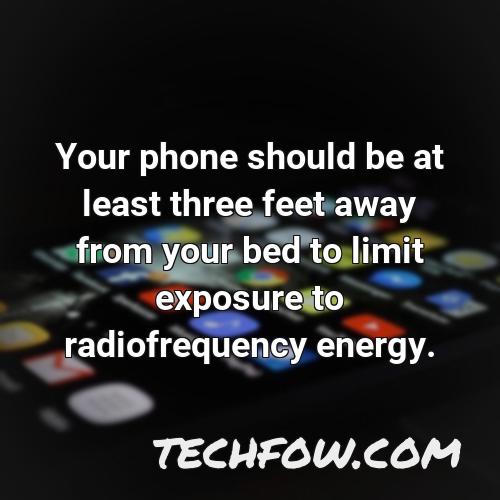
Why Does My Phone Stop Charging at 80
IOS 13’s battery optimization feature slows down how quickly your iPhone charges and will even hold it at 80% to avoid overstressing the battery. This is why your phone sometimes charges all the way, but other times gets stuck at 80%. When your iPhone is charging, it constantly evaluates how fast the battery is being charged and how much power is left. If it detects that the battery is being overworked, it will slow down the charging process to prevent the battery from being overcharged.
Is It Okay to Charge Your Phone at 70
Most smartphones today have a battery that lasts anywhere from a day to a week. However, there are some people who insist on charging their phone at a much higher voltage than necessary. Some go as high as seventy volts, which can quickly wear down the battery.
There is some evidence to suggest that charging your phone at a high voltage can actually damage the battery. Higher voltages cause the battery to heat up more, which can cause it to rupture. Furthermore, charging your phone at a high voltage can reduce the battery’s lifespan.
Therefore, it is best to charge your phone at a lower voltage, such as between thirty and eighty percent. This will help to keep the voltage lower and may slightly prolong the battery’s lifespan. Lower battery voltages help prolong capacity over time.
How Many Hours Should I Use My Phone
When it comes to screen time, experts generally agree that adults should limit screen time outside of work to less than two hours per day. Any time beyond that which you would typically spend on screens should instead be spent participating in physical activity. Many people believe that screen time can be addictive and can have negative consequences on our mental and physical health.
One of the most common concerns about screen time is that it can lead to obesity. A study published in the journal “Pediatrics” found that children who spend more than two hours a day using screens are more likely to be obese than those who spend less time on screens. In addition, screen time has been linked to issues such as sleep deprivation and a decrease in physical activity.
Other studies have found that screen time can have negative effects on our mental health as well. For example, people who spend a lot of time on screens are more likely to have anxiety and depression. In addition, screen time has been linked to a higher rate of addiction to video games and other forms of digital media.
So, experts generally agree that adults should limit their screen time to less than two hours per day. Any time beyond that which you would typically spend on screens should instead be spent participating in physical activity.
In conclusion
Thanks for reading! We hope you found this article helpful. If you have any questions or feedback, please let us know. We love hearing from you.

